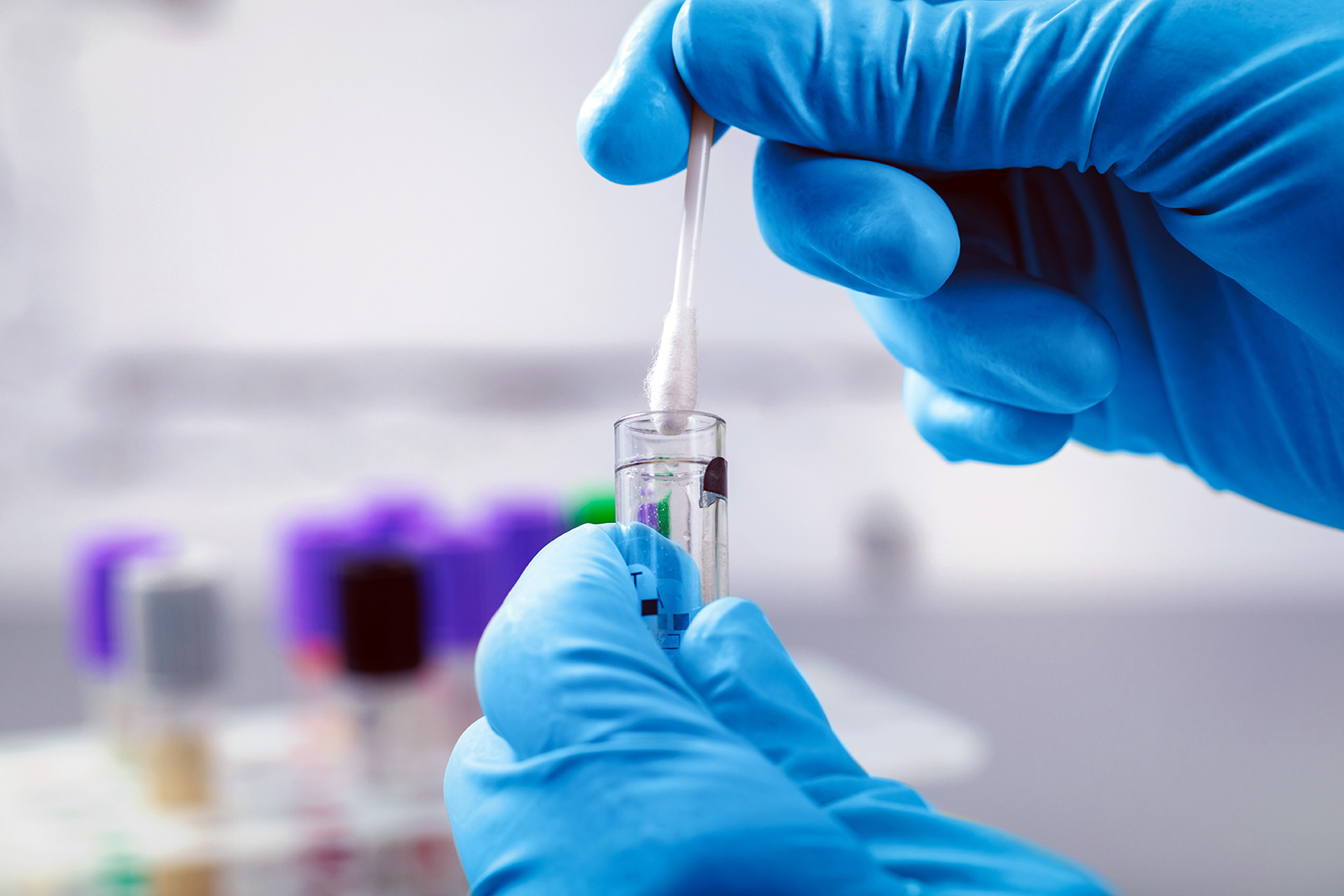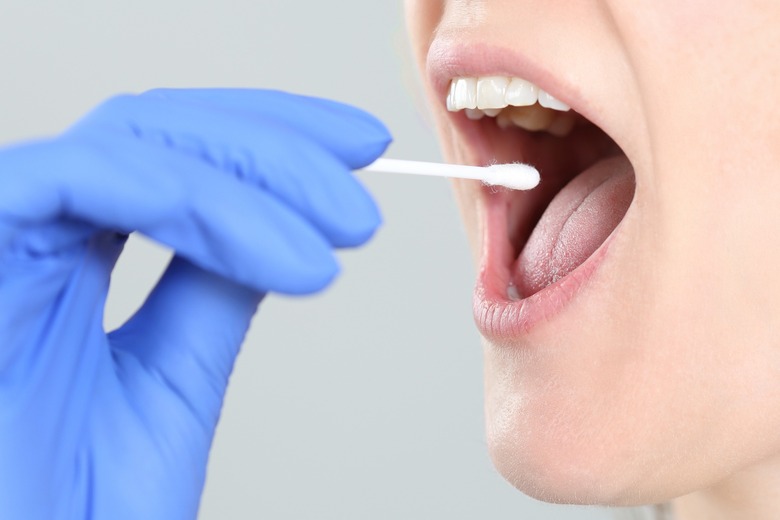Researchers Say A Quick Cheek Swab Can Accurately Predict How Long You Have Left To Live
What if you could predict how long you'll live? Well, a new test may soon let you do just that. The test is based around new research into biological aging and the markers that could help scientists determine your biological age just by swabbing the inside of your cheek. The findings, which are published in Frontiers in Aging, present an interesting story about your cheek age and how scientists could tell your body's biological age just by inspecting the cells there.
The research is heavily based on CheekAge, a next-generation tool designed to determine your body's place on a new epigenetic clock developed earlier this year. This clock essentially hopes to look at our bodies' genes and the changes in how they are read and expressed over time. It's built heavily around the idea that different parts of our bodies offer different biological markers.
To test the possible reliability of CheekAge and its ability to predict how long you'll live, researchers took blood samples from more than 1,500 applications between the ages of 67 and 90. They then applied those samples to the CheekAge algorithm, and while the samples didn't have even half of the DNA markers that CheekAge is designed to inspect, it was still able to showcase a strong ability to predict mortality risk, the researchers say.

More specifically, the tool was able to determine the difference between the person's actual age and their CheekAge. The results showed that the oldest biological age group reached around 50 percent mortality, roughly 7.8 years earlier than the group that had the youngest biological age markers. Further, CheekAge proved better at predicting the mortality of the sample givers than other more established epigenetic clocks out there right now.
The fact that CheekAge was still able to do its job even when sampling blood instead of cheek cells is impressive. However, it is still a long way from being able to fully predict how long you'll live, especially in a way that can actually be used by scientists. However, once the tool has improved, it could at least give doctors another option for determining important things like biological age and mortality rate. And, because it's so non-invasive, only requiring a simple swab of the cheek, that will likely make it much more affordable and more accessible to get people to agree to.
Scientists have long been trying to understand the biological clocks of animals and humans. In fact, studies have shown that axolotls may even be able to pause their biological clocks—a fact that has garnered quite a lot of research and interest from scientists attempting to turn back aging in humans.
